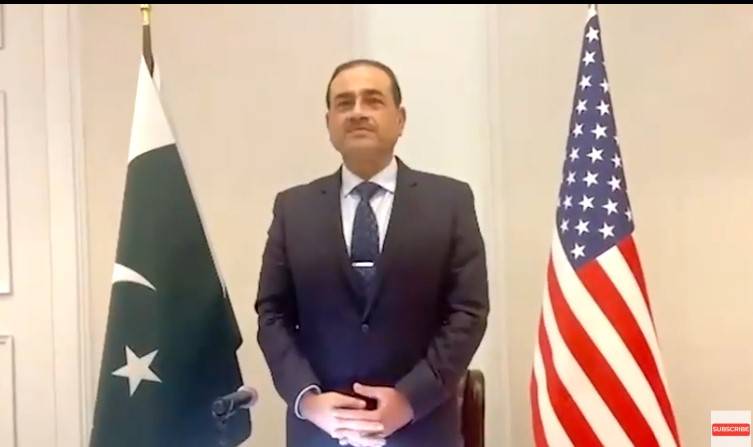Thawing US-Pakistan Relations Spark Concern in India Amid Strategic Shifts
After years of frosty diplomacy, US-Pakistan relations appear to be entering a new phase one that is raising serious eyebrows in New Delhi. A high-profile, five-day visit to Washington by Pakistan’s powerful army chief, Field Marshal Asim Munir, marked by a rare White House lunch and Pentagon meetings, has reignited old tensions and sparked fresh concerns in India’s diplomatic circles.
In contrast to Pakistan’s previous sidelining most notably when former Prime Minister Imran Khan was denied state protocol Munir’s visit was nothing short of a red-carpet spectacle. His warm reception by former President Donald Trump, who hailed him as “extremely influential” and praised Pakistan’s alleged role in de-escalating conflict with India, signals a strategic recalibration in Washington.
India Pushes Back
India, already engaged in sensitive trade negotiations with the US, reacted sharply. Prime Minister Narendra Modi dismissed Trump’s claims that he had personally brokered peace during a brief 4-day conflict in May, triggered by a terror attack in Indian-administered Kashmir that killed 26, mostly Hindu civilians.
Modi reportedly told Trump in a phone call that no third-party mediation had taken place and emphasized that the ceasefire came at Pakistan’s request. “India has not accepted mediation in the past and never will,” said India’s Foreign Secretary, Vikram Misri.
The narrative clash is particularly sensitive in Delhi, where the memory of US favoritism towards Pakistan in past geopolitical crises remains fresh. Trump’s renewed affection for Pakistan is seen by some Indian analysts as not just misinformed but dangerously naïve.
A Strategic Rebalance in Motion
Behind the pageantry lies a deeper strategic shift. General Michael E. Kurilla, head of the US Central Command, described Pakistan as a “phenomenal counter-terrorism partner,” pointing to Islamabad’s assistance in tracking down the planner of the 2021 Abbey Gate bombing in Kabul, which killed 13 US soldiers.
Munir’s meetings spanned the Pentagon, State Department, and even Central Command’s Florida headquarters privileges rarely extended to Pakistani generals. According to analyst Michael Kugelman, only historical figures like Ayub Khan and Zia-ul-Haq received similar treatment and they were visiting as heads of state.
Middle East Calculations and Trump’s Personal Style
Munir’s visit comes amid heightened turmoil in the Middle East, with Israel and Iran trading missile strikes. The US may be exploring Pakistan’s potential as a backchannel facilitator, especially given its unique position as one of the few countries maintaining diplomatic relations with Tehran.
Yet, any overt alignment with US interests in the Iran conflict is risky. Pakistani public opinion strongly supports Iran, and the military despite its influence is wary of domestic backlash. “They can’t afford to be dragged into this,” Kugelman noted.
There’s also a personal dynamic at play. Trump, known for admiring authoritarian figures, is reportedly impressed by Munir’s command presence. “He sees something in Munir the mystique, the military credentials, the aura of control,” said one analyst. “Trump responds to dominance.”
This could explain why Munir received access normally reserved for presidents. In Trump’s world, the question is always: what can you do for me?
A New Frontier: Crypto and Critical Minerals
Beyond geopolitics, the renewed US-Pakistan relations may have an economic subtext. Pakistan is quietly pitching itself as a gateway for investment in cryptocurrency infrastructure and critical minerals both sectors of personal interest to Trump.
“The Trump-Munir meeting shouldn’t be seen only through the Israel-Iran lens,” Kugelman explained. “It’s about crypto, minerals, and counter-terrorism. These are all Trump touchpoints.”
India’s Strategic Dilemma
For India, the optics of Munir’s Washington welcome are disconcerting. Delhi has consistently positioned itself as a more stable, democratic, and reliable partner to the West. Yet, the revival of warm US-Pakistan relations, despite Islamabad’s checkered history with terrorism and democracy, revives old fears of strategic betrayal.
While Washington may view Pakistan as a tactical asset in the short term, New Delhi is left to wonder: At what cost?



Comments (0)
No comments yet. Be the first to comment!
Leave a Comment